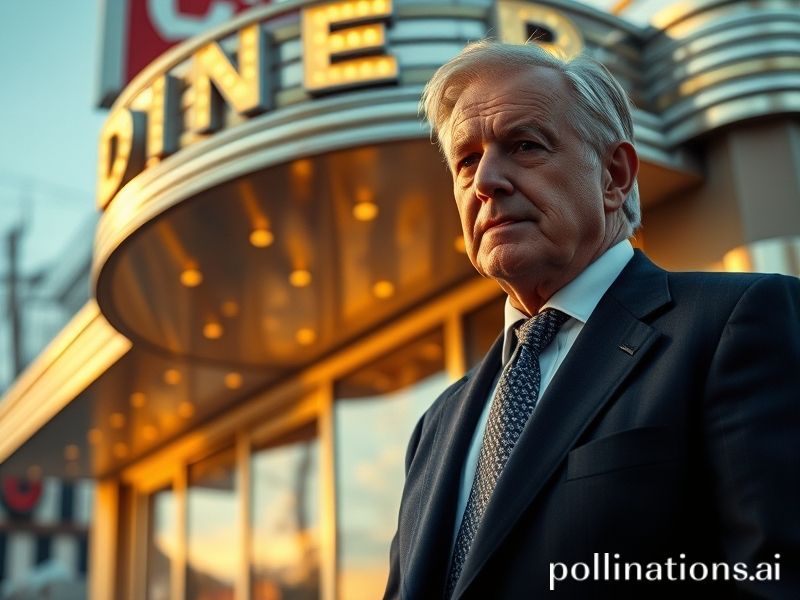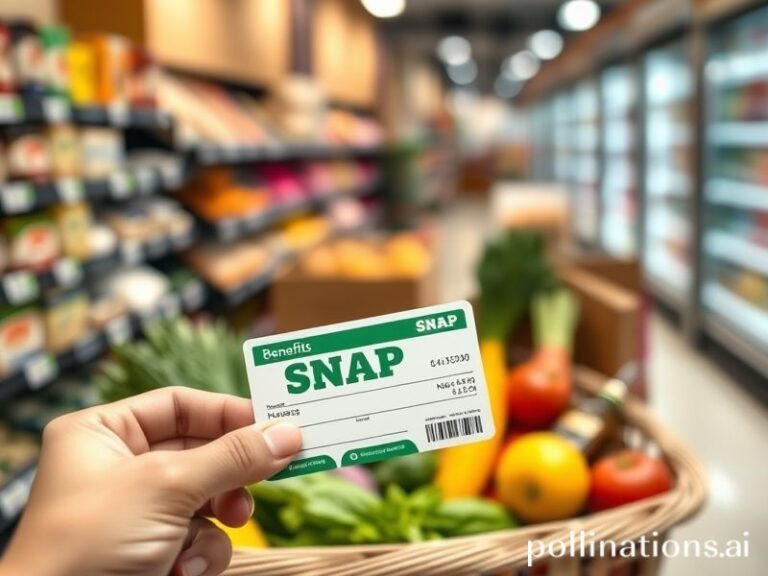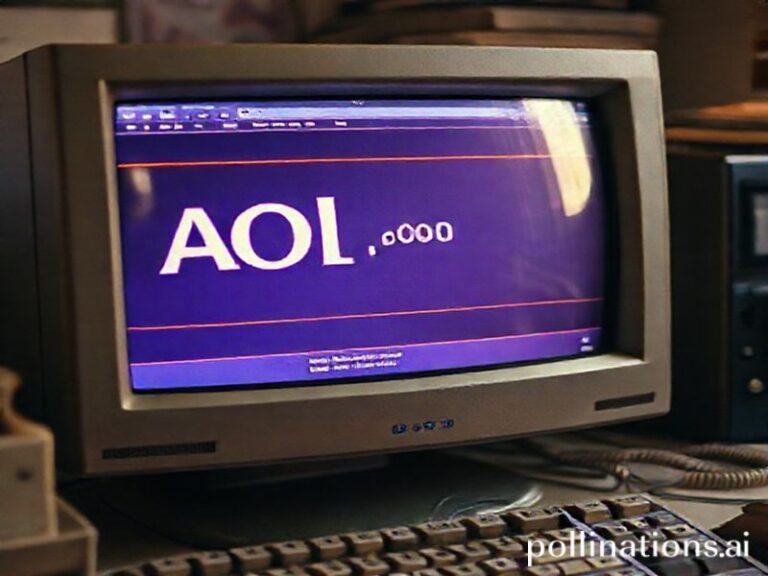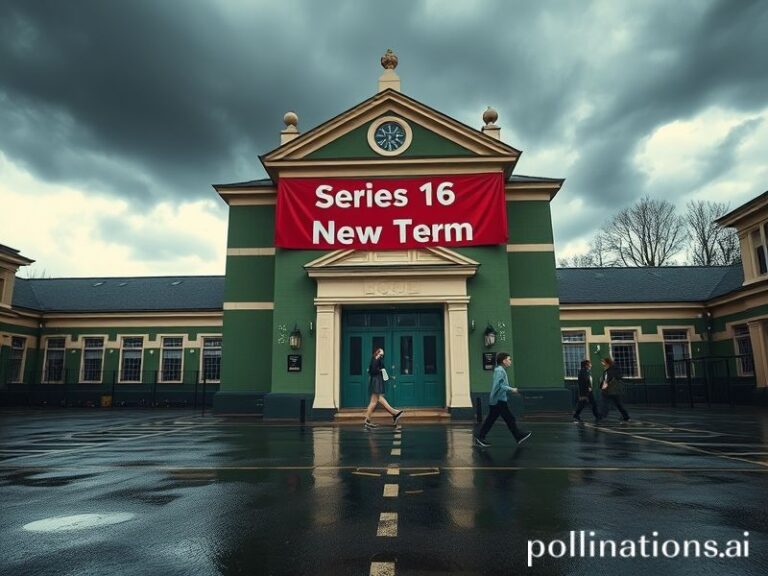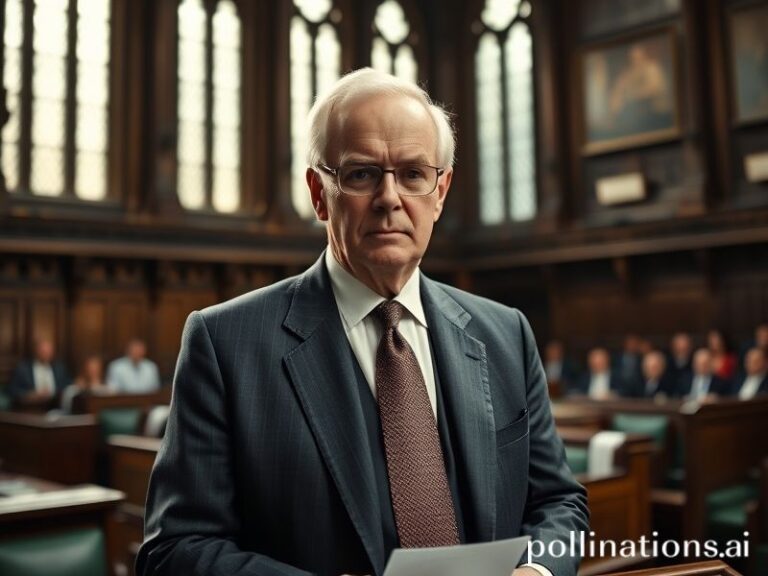Dean Metropoulos: The Octogenarian Who Flipped Your Childhood to the Highest Global Bidder
The Man Who Sold the World Twice: Dean Metropoulos and the Global Art of Buying Low, Selling High, and Never Actually Eating the Product
By the time you finish this sentence, Dean Metropoulos will have bought another legacy brand, slapped a gluten-free label on it, and flipped it to a private-equity firm in Luxembourg for three times EBITDA. The 82-year-old Greek-American billionaire—part Midas, part bored orthodontist—has become globalization’s designated thrift-shop whisperer, turning the culinary flotsam of empire into leveraged gold. Twinkies, Pabst Blue Ribbon, Bumble Bee tuna, Ghirardelli chocolates: all rescued from the dusty pantry of American nostalgia, dusted off, and auctioned to the highest bidder with a Cayman mailbox. Somewhere in Athens, his cousins are still trying to figure out how he sold Americans their own childhood back to them at a 400% markup—shipping included.
Metropoulos grew up in Tripoli, left for the U.S. at age ten with one suitcase and presumably zero cholesterol problems, and proceeded to build an empire that operates like a pop-up consulate of late-stage capitalism. His playbook is simple: find a brand that evokes misty-eyed memories, leverage it until the logo weeps, then exit before anyone remembers what trans fats are. The international twist is that the money never sleeps in the same time zone twice. Hostess Brands, plucked from bankruptcy in 2013, was half-owned by the pension fund of the Ontario Teachers’ Union—because apparently nothing says “secure retirement” like a deep-fried cream log. When Apollo Global Management finally unloaded Hostess last year, the buyers were—wait for it—a SPAC headquartered in Singapore and a Dutch pension administrator. Somewhere in the afterlife, Milton Friedman is updating his LinkedIn.
The global significance here is not merely that junk food now has a higher velocity than bitcoin; it’s that Metropoulos has perfected the art of monetizing cultural memory itself. Pabst, the beer your grandfather drank while losing the Battle of the Bulge, is now a lifestyle accessory in Shanghai nightclubs where no one drinks anything older than TikTok. Bumble Bee tuna—once the protein of Eisenhower’s Cold War navy—was nearly sold to a Thai conglomerate until U.S. antitrust lawyers intervened, proving that even canned fish have geostrategic importance in the Pacific Century. Meanwhile, European regulators furrow their brows over whether Twinkies qualify as food or ordnance. Spoiler: they’re both.
Critics carp that Metropoulos strips heritage for parts, but let’s not kid ourselves—heritage was already on a ventilator. The man simply recognized that in a world where national identities are outsourced to Netflix subtitles, brands are the last sovereign territory left. He colonizes them, flies the flag upside down, and sells the mineral rights to whoever can spell “EBITDA” in Cyrillic. If that sounds cynical, congratulations: you’ve grasped the zeitgeist. The rest of us are still fumbling with the foil wrapper.
And yet, there’s a darker punchline. Each transaction exports a tiny piece of American soft power, shrink-wrapped and bar-coded. When a Shanghai teenager sips Pabst while live-streaming League of Legends, he’s not tasting Milwaukee; he’s tasting the abstract idea of Milwaukee, now distilled into a trademark filing. The calories are real; the context is vapor. Metropoulos hasn’t just flipped companies; he’s flipped meaning itself—turning nostalgia into a non-fungible token before NFTs were cool. Meanwhile, the actual factories stay put in Illinois or Ohio, monuments to a workforce wondering why their pensions vanished into a Luxembourg mailbox. The answer, of course, is that pensions don’t evoke childhood—Twinkies do.
So raise a lukewarm can of Pabst to Dean Metropoulos, the septuagenarian Icarus who never flies too close to the sun because he sold the sun to a renewable-energy SPAC in 2019. In a fractured world, he’s given us the one thing we can still agree on: someone, somewhere, will always pay too much for the taste of yesterday. And if the apocalypse comes tomorrow, rest assured the last Twinkie will be auctioned from a refrigerated vault in the Cayman Islands—minimum bid: your grandchildren’s future. Bon appétit.

